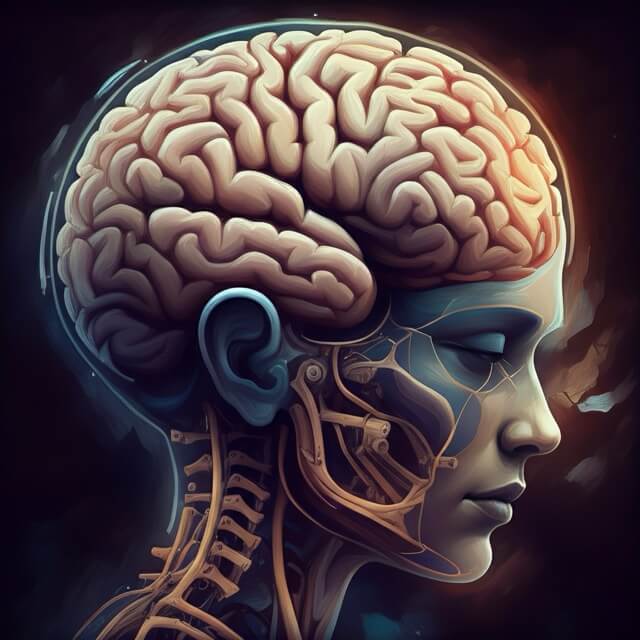In a society where mental health awareness is steadily gaining momentum, understanding the varieties of care available is crucial, especially for young adults navigating life. If you’ve found yourself pondering the next steps for mental health support without derailing your day-to-day routine, an outpatient mental health program might just be what you’re looking for.
Understanding Outpatient Mental Health Services
Outpatient mental health programs are designed for individuals like you, who may require professional support but still wish to maintain their everyday lives — studies, work, and relationships. Unlike inpatient care, which involves staying at a facility full-time, outpatient services allow patients to visit healthcare providers at scheduled times while living at home. According to data from the National Institute of Mental Health (NIMH), outpatient services can effectively operate as a middle ground between occasional therapy sessions and the intensive round-the-clock care seen in inpatient settings.
A Peek into Outpatient Care
The primary allure of outpatient care lies in its flexibility. These programs offer essential mental health services such as individual counseling, group therapy sessions, medication management, educational workshops, and sometimes family therapy. One thing they don’t compromise on is quality; many employ licensed psychologists, psychiatrists, or clinical social workers armed with a plethora of strategies tailored to treat disorders such as anxiety, depression, and PTSD, among others.
Outpatient programs typically emphasize skill-building and resilience-enhancing techniques over several weeks or months, depending on individual needs (and insurance coverage). However, they can adapt to fit seamlessly around a college schedule or part-time job.
What Constitutes an Outpatient Mental Health Facility?
An outpatient mental health facility is not just any building offering healthcare. These are specialized centers with dedicated teams focused on delivering targeted therapeutic interventions. They may be standalone clinics or part of a more extensive hospital network. Whatever their form, they share a common goal: to provide safe spaces conducive to personal growth and healing.
The environment within these facilities emphasizes empowerment — helping you build skills vital for managing life’s inevitable stressors effectively while maintaining your regular lifestyle outside their walls. Many also prioritize creating culturally responsive care practices, ensuring therapies are relevant and respectful of diverse backgrounds and traditions, which speaks volumes given our multicultural societies today.
The Cultural Relevance of IOP in Today’s Context
Cultural relevance in mental health treatment speaks directly to how authentically patients feel represented within their therapeutic settings. A 2020 report by the American Psychological Association noted that culturally informed interventions could significantly boost treatment efficacy because understanding cultural nuances fosters better communication between patients and therapists (ensuring you’re not tuning out during those all-important sessions).
For example, imagine attending group therapy where facilitators not only address specialized psychological problems but also acknowledge specific societal challenges young adults face today, like climate anxiety or digital overstimulation – wouldn’t that resonate more?
Young adulthood undeniably brings its fair share of struggles; some days, it feels like we’re scrambling through self-discovery puzzles while juggling TikTok challenges! But remember – every puzzle piece matters – including seeking professional help when stress becomes overwhelming.
In conclusion, embracing an outpatient program means holistically taking charge of mental well-being without missing out on life opportunities or compromising personal commitments. Keep exploring ways until you find what aligns perfectly as you seek services and support because stepping towards better mental health should continuously revolve around YOU!
By Valerie T.


